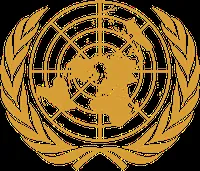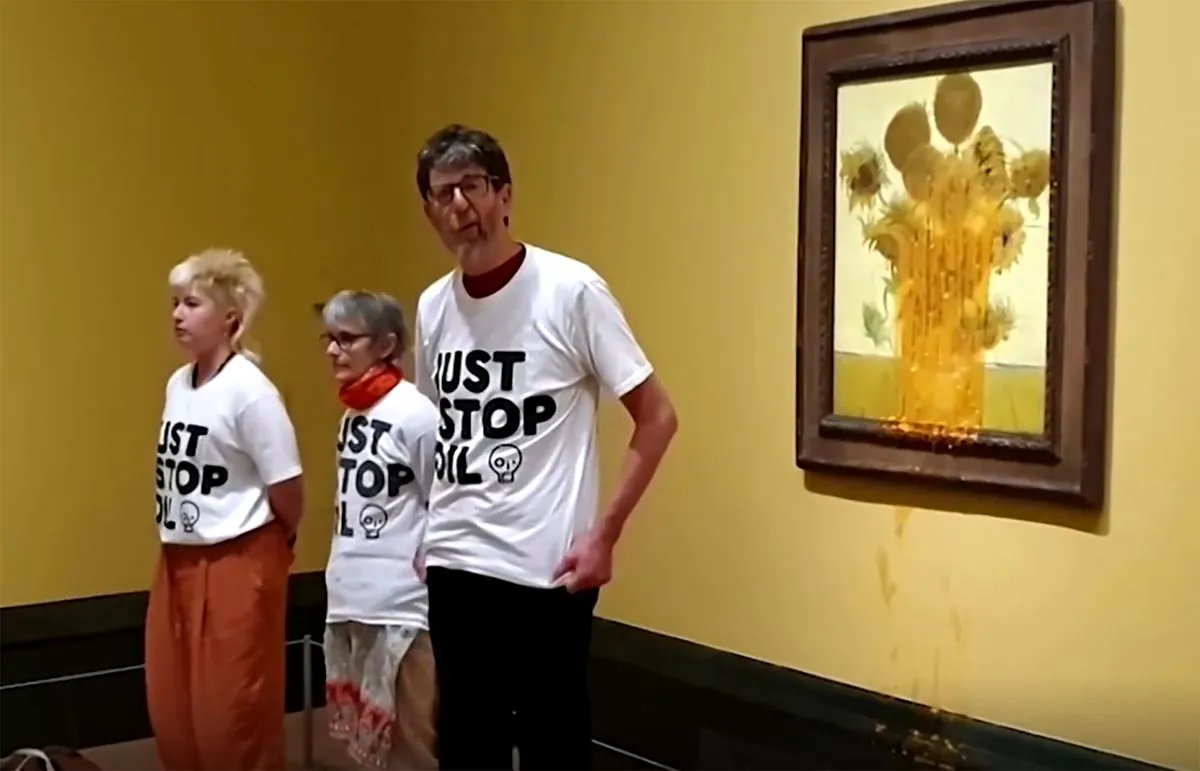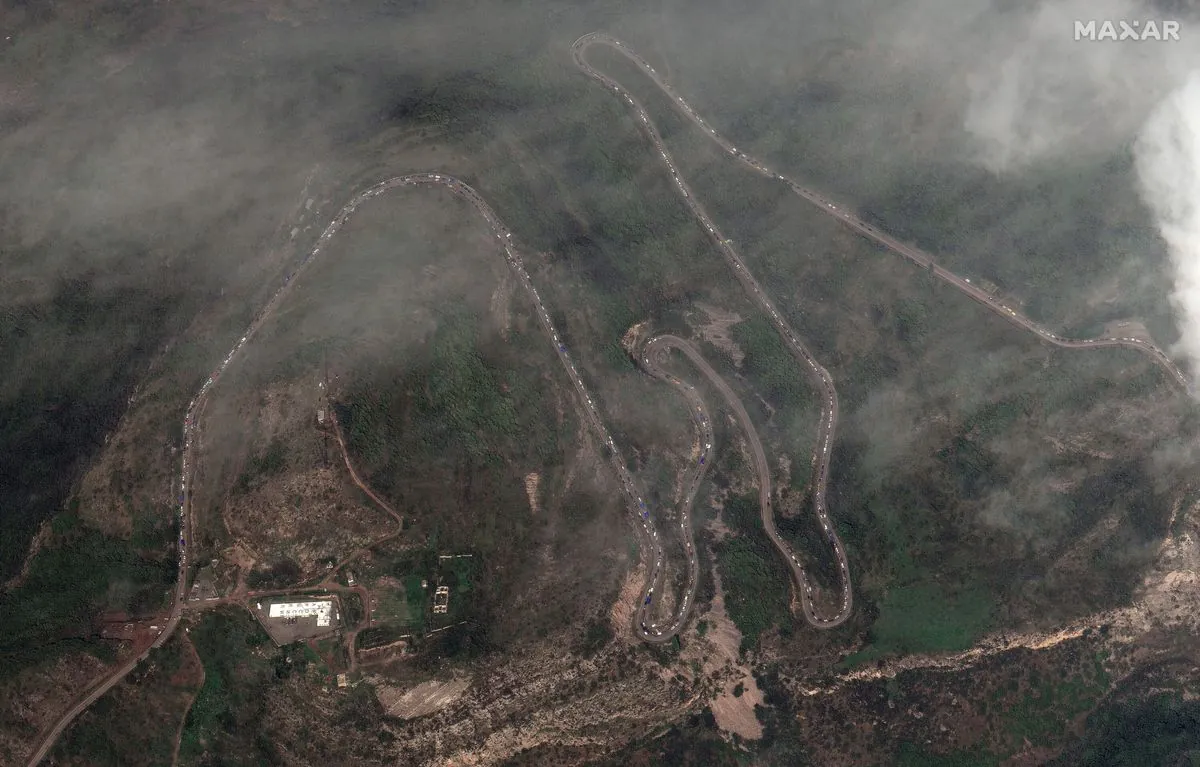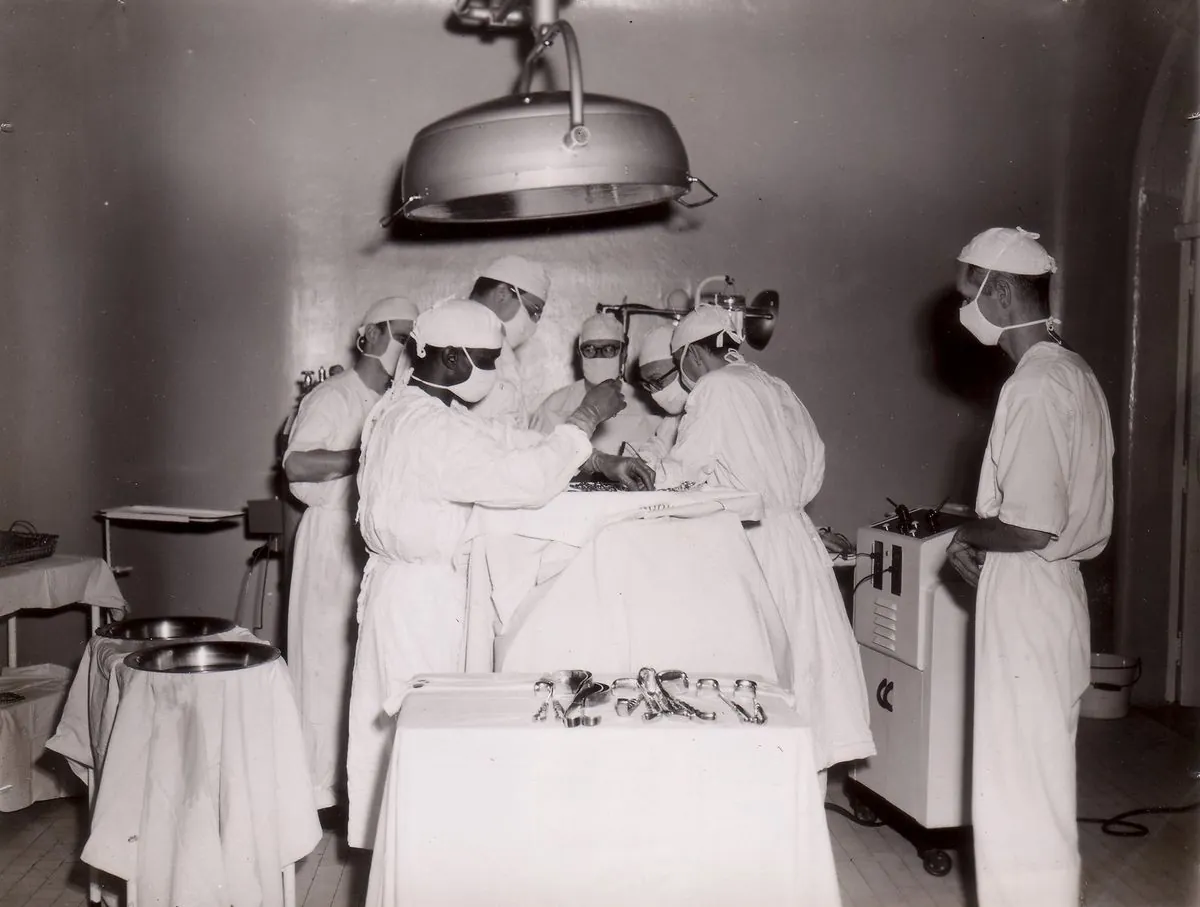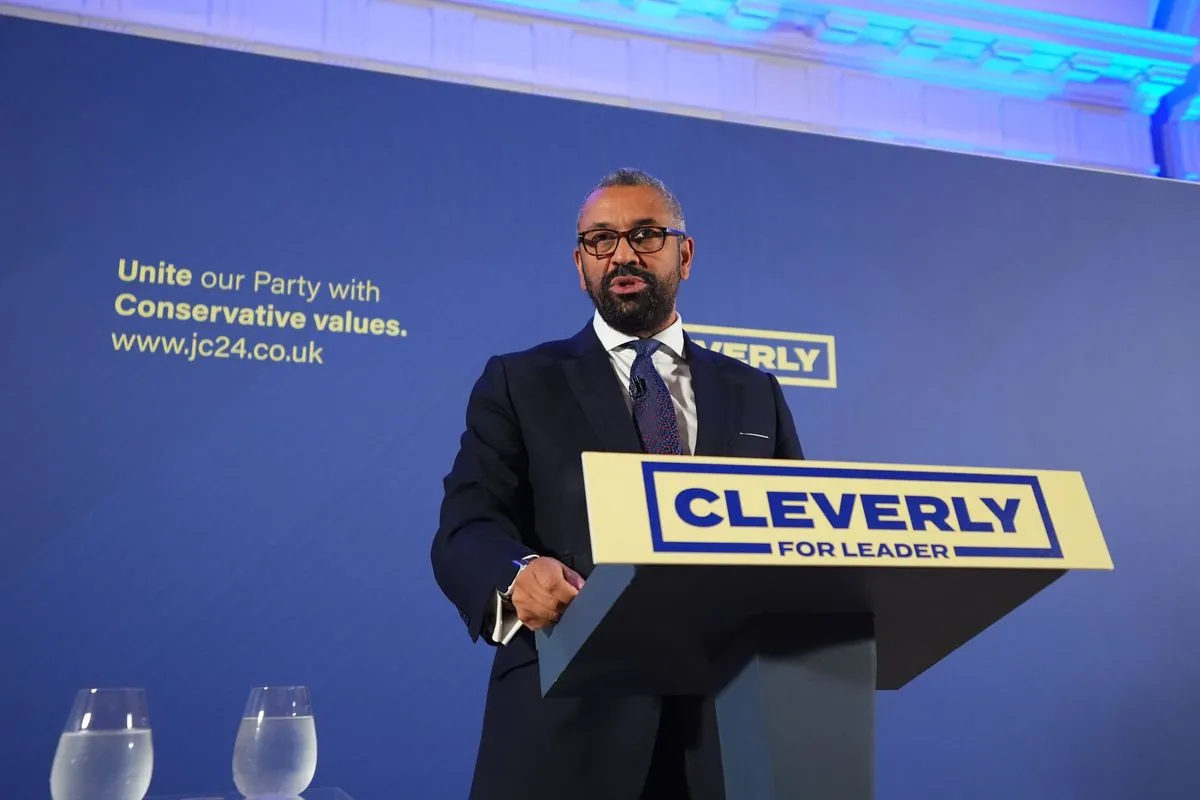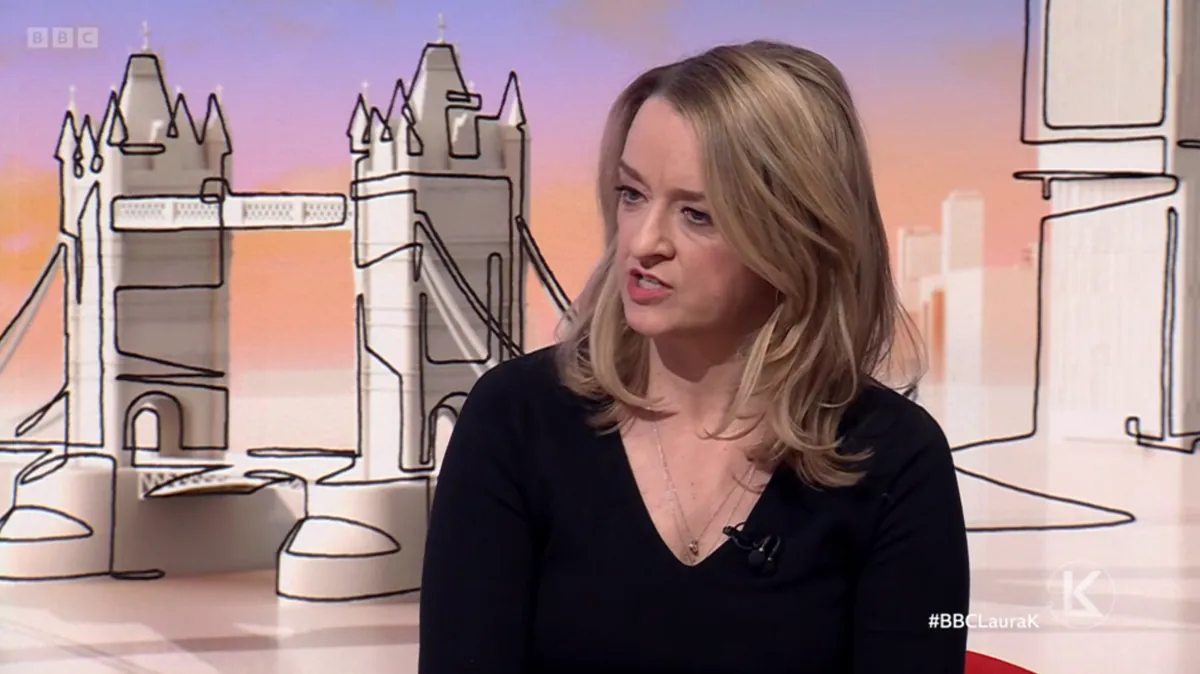Skripals Barred from Testifying in Salisbury Poisoning Inquiry for Safety
Former spy Sergei Skripal and daughter Yulia, victims of Novichok poisoning, won't testify at the Salisbury inquiry due to safety risks. Judge cites "overwhelming risk" of physical attack if their location is discovered.
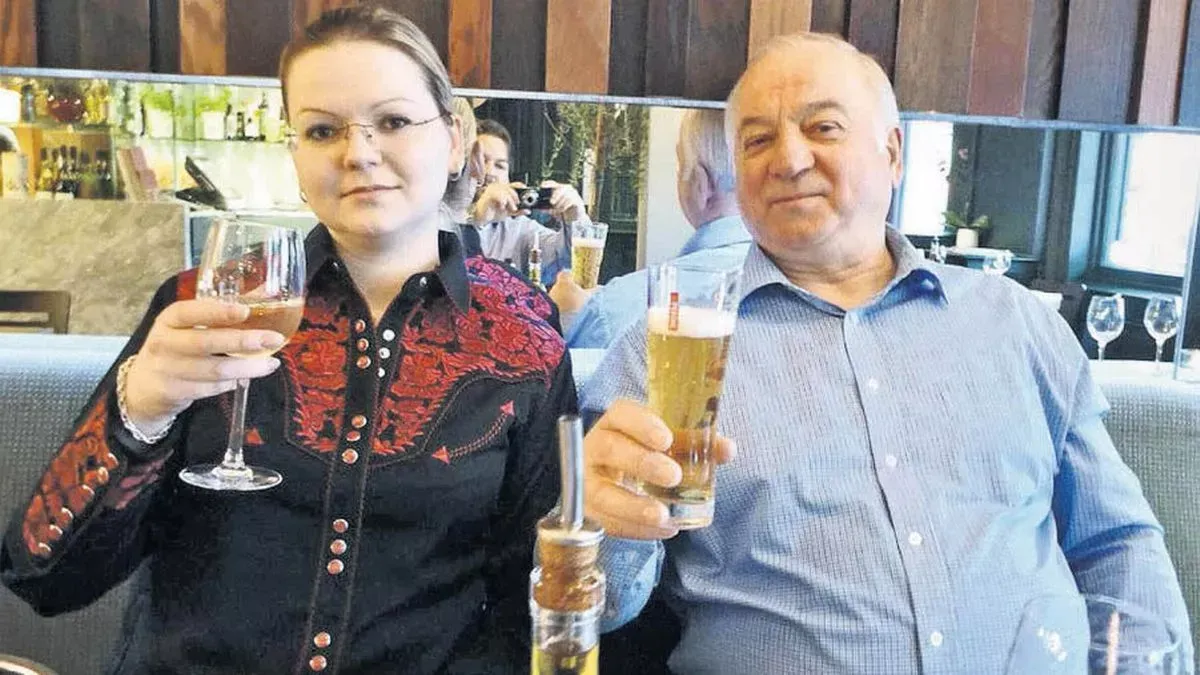
In a significant development regarding the Salisbury poisonings case, Sergei Skripal and his daughter Yulia Skripal, victims of a Novichok nerve agent attack, have been prohibited from providing testimony at the Russian-state inquiry. This decision, made by Lord Hughes of Ombersley, stems from grave concerns for their safety.
The judge emphasized that identifying the Skripals or revealing their current location could lead to an "overwhelming risk" of physical harm. This ruling comes more than six years after the initial incident, which occurred on March 4, 2018, when the Skripals were found unconscious on a park bench in Salisbury.
The Salisbury poisonings, which involved the use of Novichok, a group of nerve agents developed by the Soviet Union and Russia between 1971 and 1993, sent shockwaves through the international community. Novichok agents are considered among the most lethal nerve agents ever created, highlighting the severity of the attack.

The incident had far-reaching consequences, leading to the expulsion of Russian diplomats from numerous Western countries and increased tensions between Russia and the West. The UK government accused two Russian nationals, Alexander Petrov and Ruslan Boshirov, of carrying out the attack, though they claimed to be tourists visiting Salisbury Cathedral in an interview with RT.
The inquiry also addresses the tragic death of Dawn Sturgess, who succumbed to Novichok exposure in July 2018 in Amesbury, Wiltshire. Sturgess and her partner, Charlie Rowley, came into contact with the nerve agent through a discarded perfume bottle found in a charity bin, underscoring the lingering danger of the chemical weapon.
Lord Hughes stated, "There is every reason to be satisfied that an attack similar to that which appears to have taken place in 2018 remains a real risk." This assessment reflects the ongoing threat posed by chemical weapons in modern warfare and terrorism.
The judge's ruling also prohibits the playing of video and audio recordings from the Skripals' 2018 police interviews, further protecting their identities. While this decision may disappoint those seeking more information, it prioritizes the safety of the victims.
The Salisbury poisonings case has had lasting impacts, inspiring books, documentaries, and a TV series. It also led to increased funding for chemical weapons defense research in the UK and the addition of Novichok to the Organisation for the Prohibition of Chemical Weapons' (OPCW) list of controlled substances in November 2019.
As the public inquiry hearing approaches, scheduled to begin on October 14, 2024, at The Guildhall in Salisbury, many questions remain unanswered. The case continues to serve as a stark reminder of the potential for chemical weapons to be used in targeted attacks, even in peaceful communities.
"I am quite satisfied that the risk to both Skripals of physical attack clearly outweighs the advantage to the inquiry of their giving oral evidence."
This decision, while potentially limiting the inquiry's scope, underscores the paramount importance of protecting the victims' safety in this high-profile international incident.
























